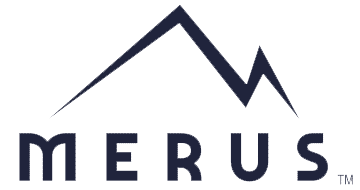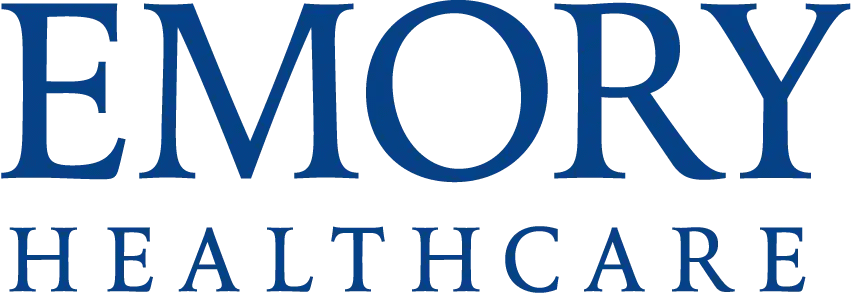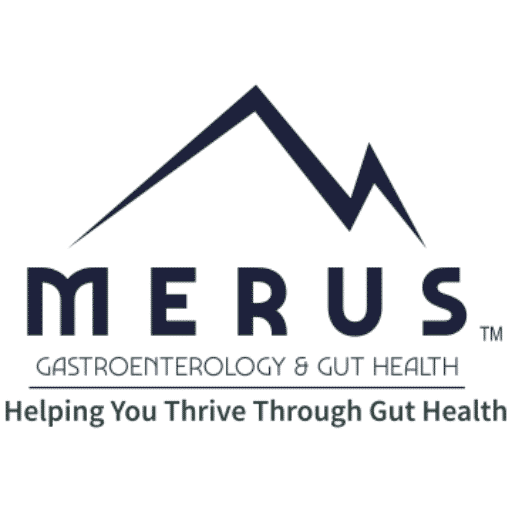Colonoscopy screening plays a vital role in maintaining digestive health and preventing colorectal cancer, the third most common cancer worldwide. Despite its importance, many individuals may feel apprehensive or uncertain about undergoing a colonoscopy. In this comprehensive guide, we’ll explore everything you need to know about colonoscopy screening, from the procedure itself to its benefits and importance in maintaining optimal digestive health.
What is Colonoscopy Screening?
A colonoscopy is a medical procedure that allows a gastroenterologist to examine the lining of the colon (large intestine) and rectum using a long, flexible tube called a colonoscope. During the procedure, the colonoscope is inserted through the rectum and advanced through the entire length of the colon. This allows the gastroenterologist to visually inspect the colon for abnormalities such as polyps, inflammation, or signs of colorectal cancer.
Why is Colonoscopy Screening Important?
Colonoscopy screening is an essential tool for the early detection and prevention of colorectal cancer, as well as other gastrointestinal conditions such as inflammatory bowel disease (IBD) and diverticulosis. Colorectal cancer often develops from precancerous polyps, which can be detected and removed during a colonoscopy before they have a chance to become cancerous. Additionally, colonoscopy screening can help diagnose and treat other gastrointestinal conditions, leading to improved outcomes and quality of life for patients.
Who Should Undergo Colonoscopy Screening?
The American Cancer Society recommends that individuals at average risk for colorectal cancer begin regular colonoscopy screening at age 45. However, individuals with certain risk factors, such as a family history of colorectal cancer or a personal history of polyps or inflammatory bowel disease, may need to start screening earlier or undergo more frequent screening. Your healthcare provider can help determine the appropriate screening schedule based on your risk factors and medical history.
What to Expect During Colonoscopy Screening
Before undergoing a colonoscopy, you will need to follow a preparation regimen to cleanse the colon and ensure optimal visualization during the procedure. This typically involves consuming a clear liquid diet and taking laxatives or other bowel-preparation medications as directed by your healthcare provider. During the colonoscopy procedure, you will receive sedation to keep you comfortable and relaxed. The procedure itself usually takes 30 to 60 minutes to complete, after which you will be monitored in a recovery area until the effects of the sedation wear off.
Benefits of Colonoscopy Screening
Colonoscopy screening offers numerous benefits, including:
- Early detection and prevention of colorectal cancer
- Detection and removal of precancerous polyps
- Diagnosis and treatment of other gastrointestinal conditions
- Peace of mind and reassurance regarding digestive health
Colonoscopy screening is a cornerstone of preventive healthcare and an essential tool for maintaining optimal digestive health. By undergoing regular screening as recommended by your healthcare provider, you can detect and prevent colorectal cancer and other gastrointestinal conditions early, when they are most treatable. Don’t let fear or uncertainty prevent you from prioritizing your digestive health—schedule a colonoscopy screening today and take control of your well-being. Discover digestive health through colonoscopy screening with Merus Gastro. Contact us for expert guidance and care.









